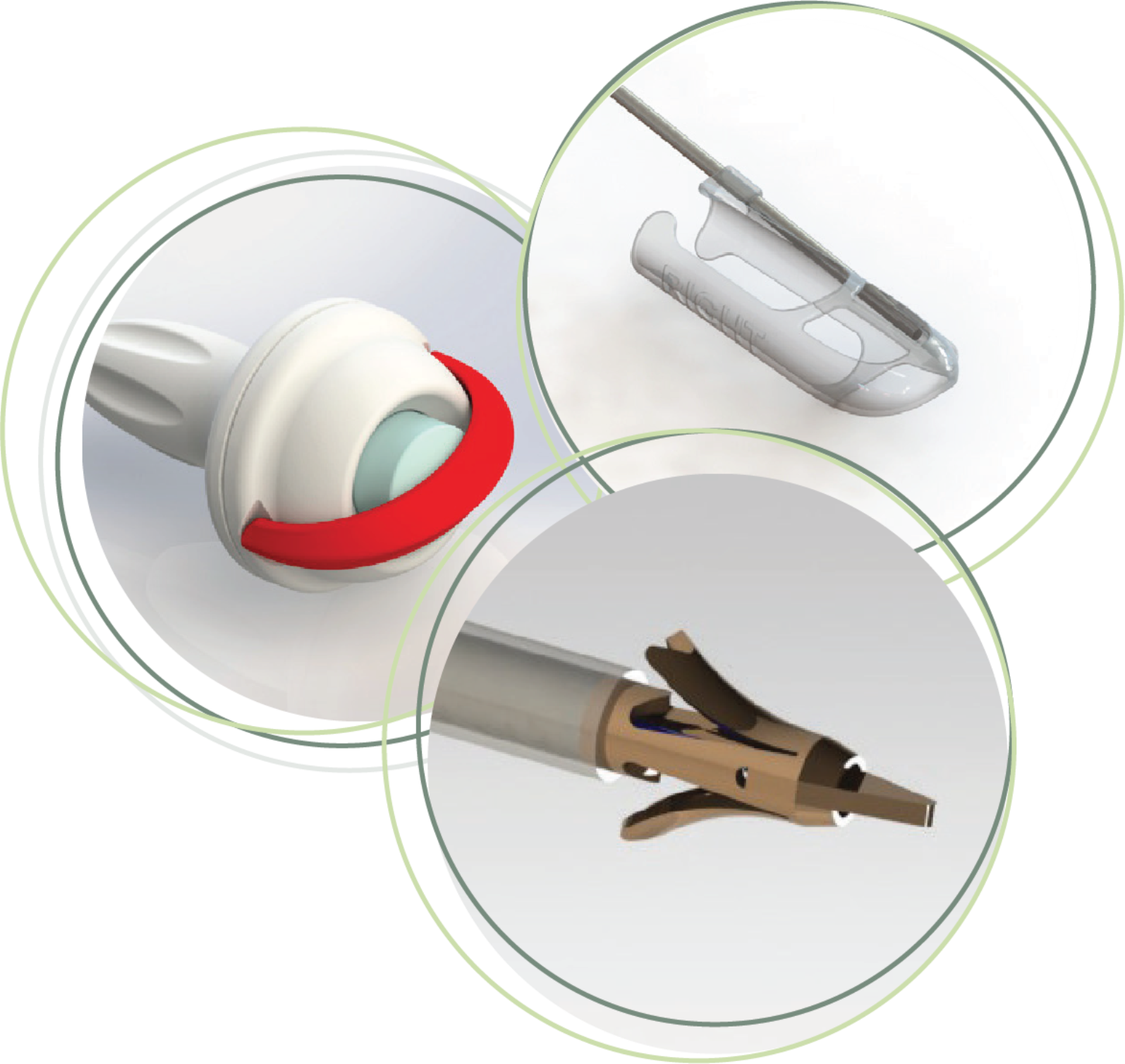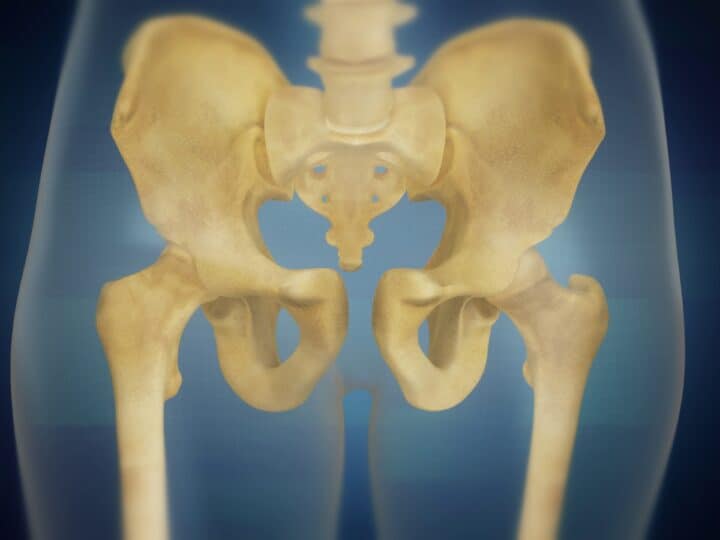Amid mounting calls across the world to ban the controversial use of transvaginal mesh to treat pelvic organ prolapse (POP), Israeli company POP Medical Solutions is introducing NeuGuide, an FDA-cleared minimally invasive repair system uniquely requiring neither dissection nor mesh.
POP is a common but painful and debilitating condition in which pelvic organs (uterus, vagina, bladder or rectum) sag or drop. Up to half of all women experience POP in their lifetime – especially as they age – making this a $1 billion market. The incidence of POP is expected to rise with increasing life expectancy and obesity.
Traditionally, mesh surgery or even hysterectomy was advised for pelvic organ prolapse. Both are no longer considered ideal, while laparoscopic and robotic surgeries are lengthy and costly.
“I’ve spent the last 25 years treating patients with uterine prolapse,” POP Medical founder Dr. Menahem Neuman tells ISRAEL21c. “We don’t want to take out the uterus anymore, because it’s a mistake to take out a healthy uterus. And we don’t want to use meshes because of many complications. So we looked for a safe, simple, durable solution.”
He and engineer Boaz Harari cofounded the company to develop their invention, which elevates the uterus back to its normal position within minutes.
“I’m quite sure we will change the field completely,” says Neuman, who specializes exclusively in pelvic-floor reconstructive surgery.

The patented NeuGuide device is composed of an anchor unit and a delivery system that fits on the surgeon’s finger to guide, insert and deploy the anchor.
The anchor is made of Nitinol, a metal alloy with elastic properties that is also used to make Ballerine, a revolutionary Israeli-invented spherical IUD from OCON Medical.
“Our anchor is proven to be significantly stronger than any other anchor in the market,” POP Medical CEO Deborah Garner tells ISRAEL21c.
The anchor is introduced through the vaginal wall and secured to the cervix to provide pelvic-floor stabilization.
“We believe the cervix is stronger tissue than the vaginal wall and it’s not exposed to the possibility of infection,” Garner explains.
The procedure is completed in less than 20 minutes, and patients can leave the hospital within a few hours.
Tested on patients
NeuGuide was tested successfully on 15 women at Wolfson Medical Center in Holon, Israel. Two years later, 14 of the trial participants still are doing fine. The one patient who relapsed after a year did not have sufficient cervical tissue to hold the anchor in place – a condition that can occur following hysterectomy. Garner says future trials will exclude such patients to prove the efficacy of the device first in patients who still have a uterus.
A multisite post-marketing study soon will be launched in the United States to build up clinical data as well as confidence in the procedure among gynecologists in the US, POP Medical’s first market.
“We feel it’s best for patients and for investors if we come to market with stronger data and publications in Tier 1 medical journals,” Garner explains.
Participants also are being recruited for a post-marketing trial at Soroka University Medical Center in Beersheva.
Garner came to Israel in 1998 after earning a master’s degree in business administration at Wharton (University of Pennsylvania), and has managed life-sciences companies in Israel and in the US. She joined POP Medical Solutions at the end of the development phase.
The company originated in the RAD Biomed accelerator in Tel Aviv with additional financing from Triventures and the Office of the Chief Scientist (now the Israel Innovation Authority).
Since then, POP Medical Solutions has attracted additional investors from Taiwan and now is closing a Series A funding round geared to American and other investors.
For more information on NeuGuide, click here.
Another POP treatment device
Another Israeli company, Escala Medical, is developing a different minimally invasive solution for mild to moderate POP.
Escala’s applicator places an anchor within the ligaments, leaving two degradable sutures in the vagina. Button-like securing elements are threaded along these sutures and fixed in place along each side of the vaginal wall.
“We have completed the development of our non-surgical, incision-free repair device for pelvic organ prolapse, and are currently working on the submission to the FDA,” Escala CEO Dr. Edit Goldberg tells ISRAEL21c.
















